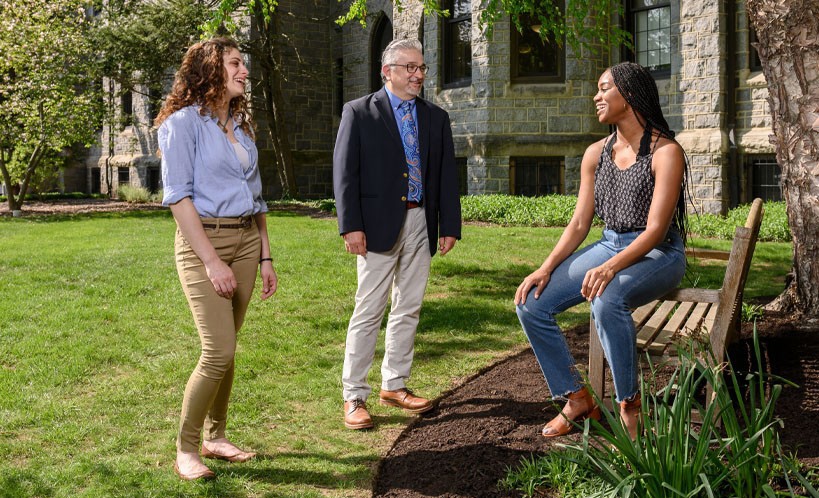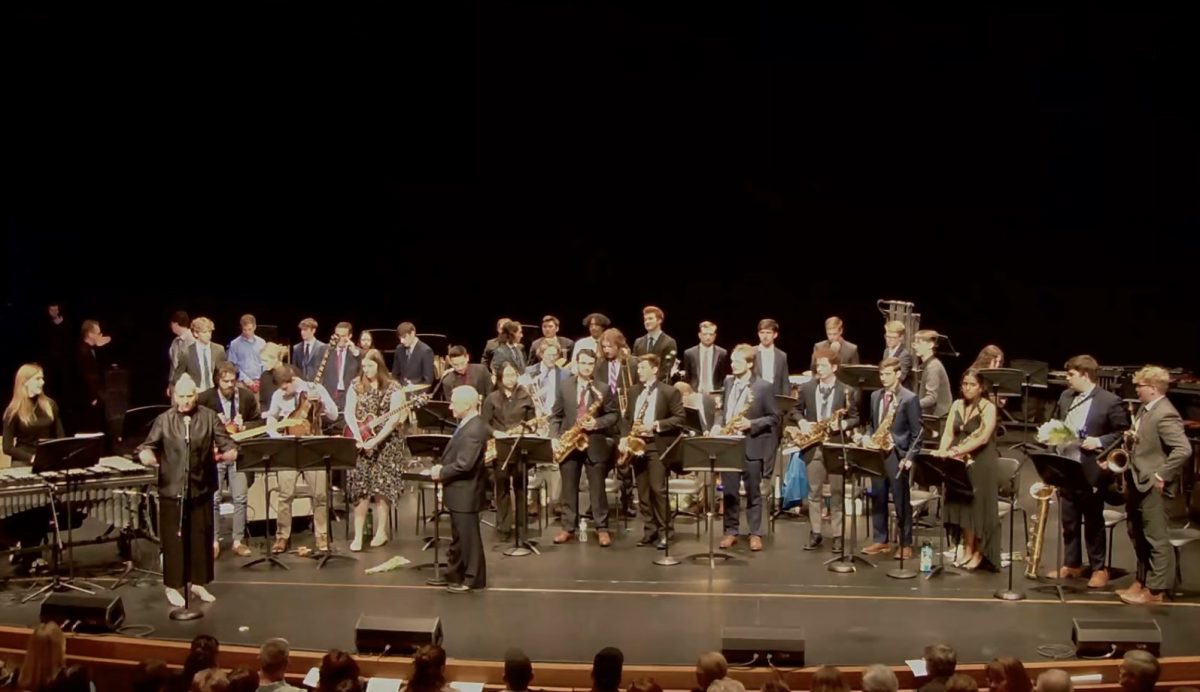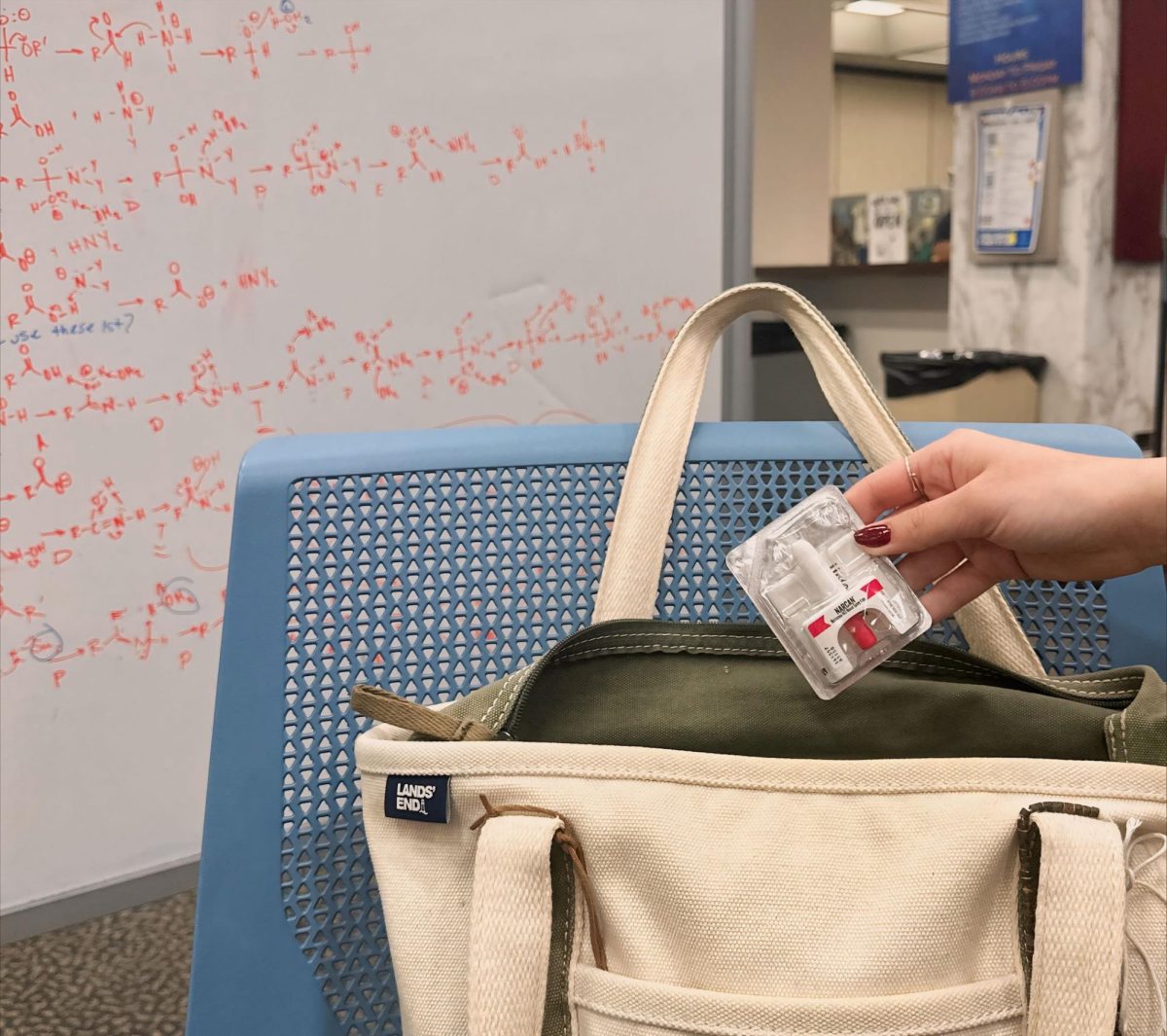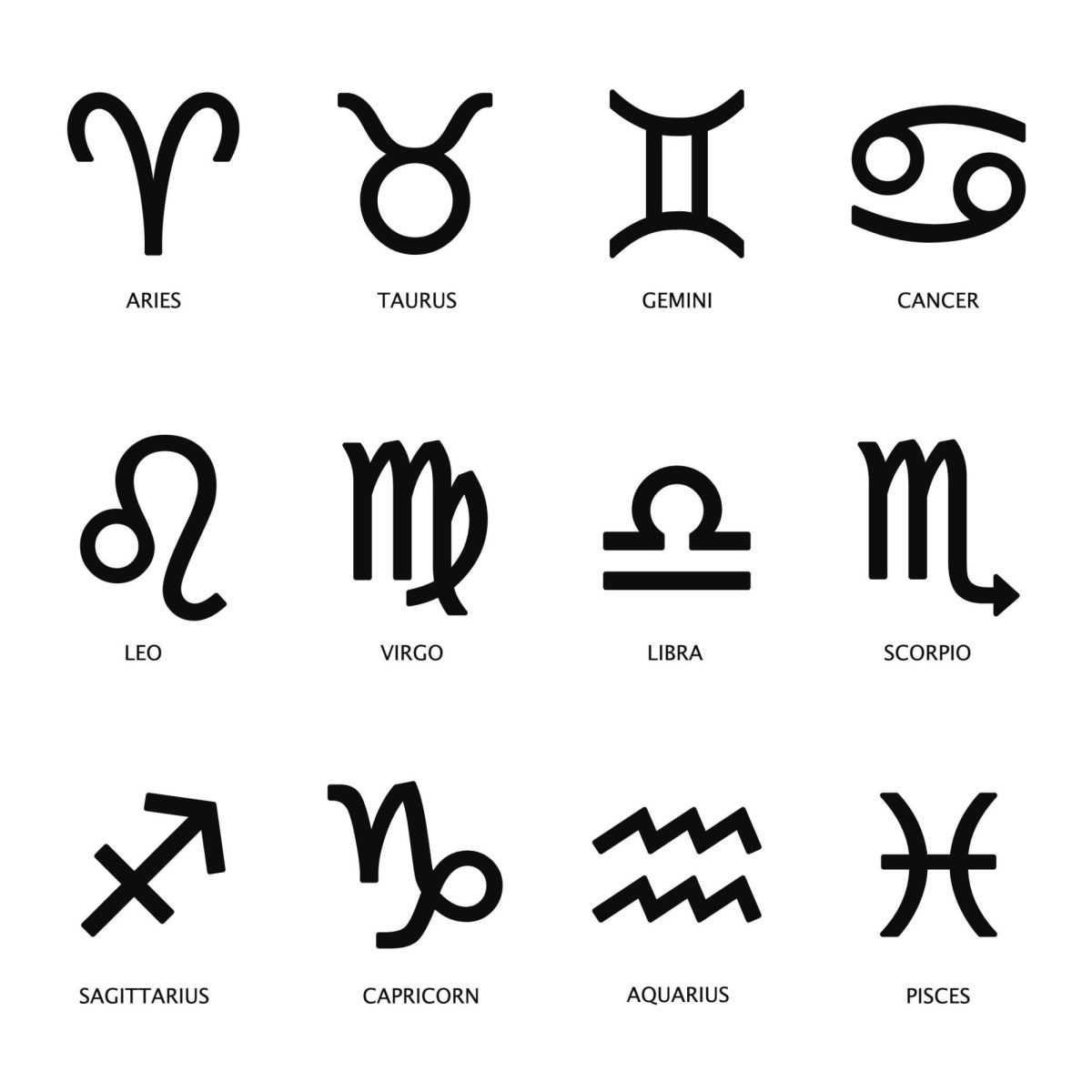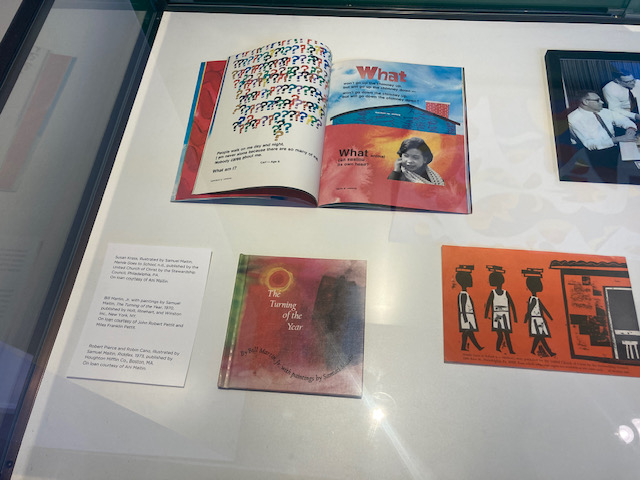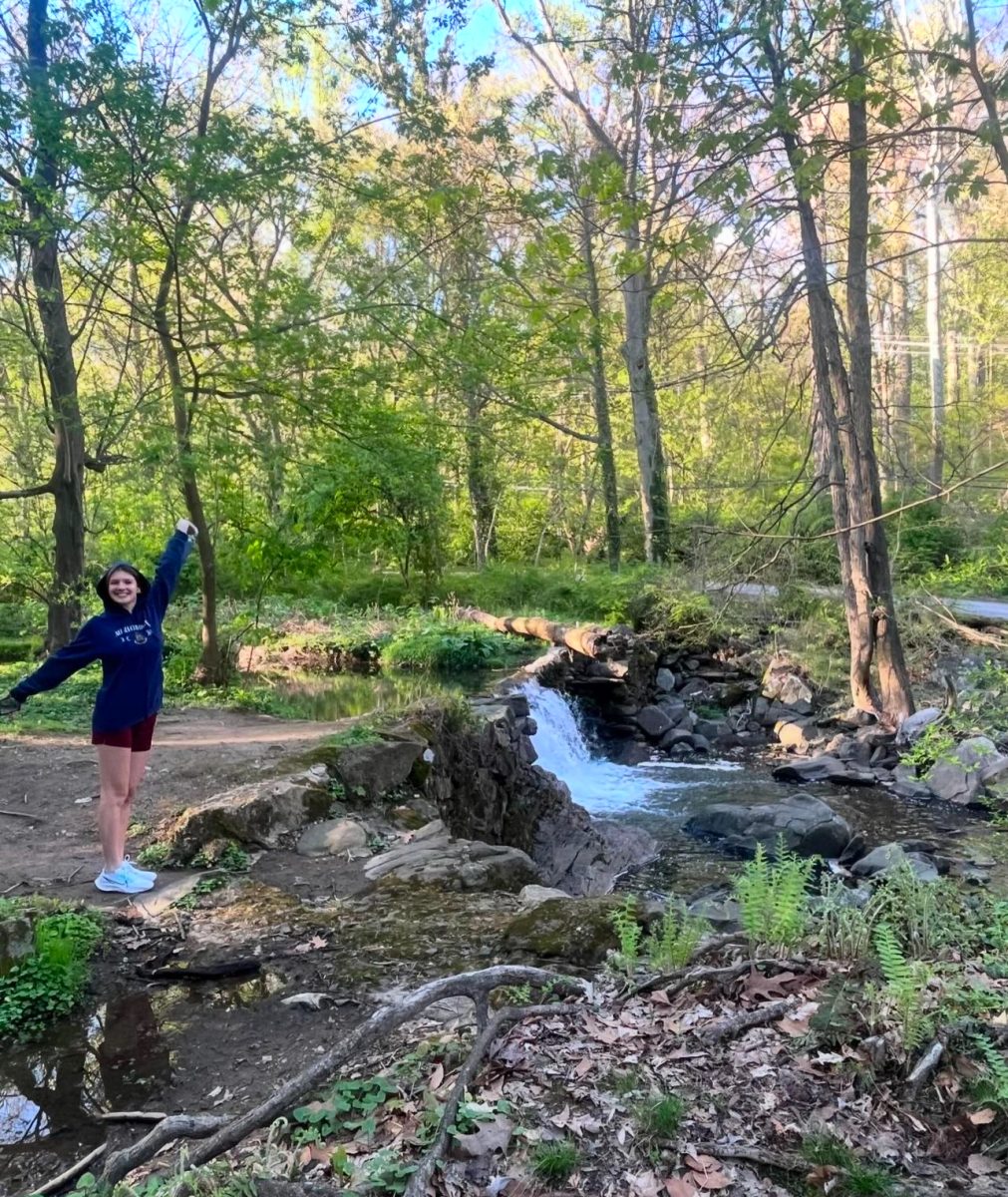A Villanova education transcends traditional learning, offering students a chance to broaden their knowledge and understanding of the world. Students have the opportunity to take classes that interest them, many of which touch on contemporary issues and topics. One example is the Africana Studies Program, which is under the umbrella of the Global Interdisciplinary Studies Department. According to Villanova’s website, courses in this program encourage critical thinking, crossing disciplinary boundaries and connecting academic work with lived reality.
Dr. Olukunle Owolabi, the director of the program, said that programs at American universities focusing on people of African descent date back to student protests in the 1960s. Such programs were designed to raise awareness and bring awareness to black issues, and remain prevalent nationwide. Some programs are more diaspora centric, focusing on the experience of African Americans. Others approach the subject by looking at the experience of African people. Villanova’s program is unique in that it encompasses both.
“Africana pulls together courses from departments across the College of Liberal Arts and Sciences (CLAS) that focus the lived experiences of Africans and people of African descent all over the world,” Owolabi said. “This runs across most of the humanities and social sciences programs in CLAS. It includes literature courses that feature African writers, as well as courses in theology, political science and sociology.”
The Africana studies program pairs perfectly with any liberal arts education due to its versatility. Students can double-count courses, meaning that Africana studies courses can also be used to fulfill major and core curriculum requirements. Students very interested in the program can major in Global Interdisciplinary Studies, with a concentration in Africana Studies. However, Owolabi said the more common path is for students to pair their major with an Africana Studies minor. The 15-credit minor requires that students take Constructs of Blackness (AFR3000), as well as an Africana History or literature elective, and three other electives with the “AFR” attribute.
Constructs of Blackness is one of the classes Owolabi has really enjoyed teaching. He shared that his class looks at how Western societies have constructed race over time and how people understand and interpret “Blackness.” The class begins with discussion about the origins of race before moving on to an in-depth look at the trans-Atlantic slave trade.
“That’s really interesting for a lot of students here because most students who have grown up in the United States learn a little bit about slavery in a U.S. context,” Owolabi said. “But, they have not been taught about the slave trade as a global operation and its impacts.”
The second part of the course compares the understanding and construct of race in the United States to other countries, with cases including Brazil and South Africa. Students grapple with questions and ideas including why race has been constructed in such rigid ways, and apartheid was so oppressive.
Although passionate about the courses he teaches, Owolabi also noted several other incredible courses being taught next semester, including Do Black Lives Matter to God? (THL5000), Black British Literature and Film (3661) and Black Americans in France (PSC4175-001).
The courses lead students to think critically about social, political and economic inequalities and structures that reproduce them. Aside from a plethora of knowledge, Africana studies courses provide unique skills and experiences to students.
“You gain a new sense of empathy, ” Owolabi said of those who take classes in the program. “You’ll be exposed to perspectives and points of view that aren’t mainstream in American education.”
Classes in the program also tend to be far more diverse than the overall Villanova population. This provides a space where students are exposed to people with different backgrounds and ideas.
The goal of a college education is to broaden one’s horizons and gain exposure to diverse worldviews and perspectives. Taking a class in the Africana studies program is a great way for students to discuss topics that they may otherwise not come into contact with. Students interested in the Africana studies program can visit Villanova’s undergraduate catalog to learn more.


